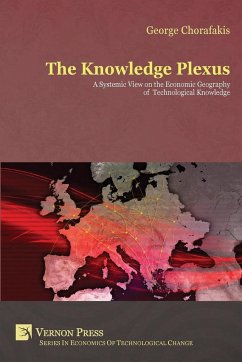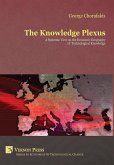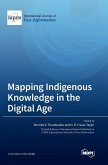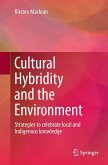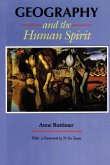This book is a collection of 5 essays on the economic geography of technological knowledge. Their common threads are: (i) the quest for a new paradigm in economic geography, termed 'systemic', as an alternative to the neoclassical, based on the epistemological premise of emergence and the theories of evolution and complexity; and (ii) the intent to explain the process of technological knowledge production as a systemic phenomenon occurring in relational space subject to emergence and co-evolutionary dynamics. In this theoretical framework, the author analyses various European knowledge networks, and examines their effects on the production of technological knowledge as sources of relational cognitive capital and economies of complexity. He then poses a number of questions on the direction and instrumentalities of the European research, technological development and innovation policies, and in particular on the issues of cohesion and dynamic efficiency of the European research system.

